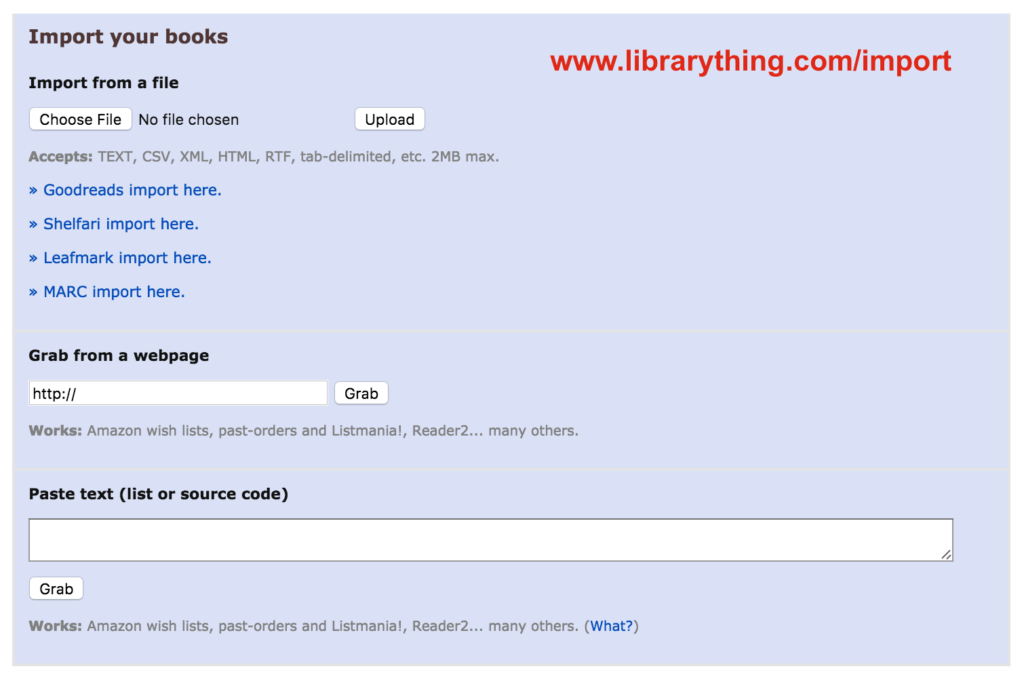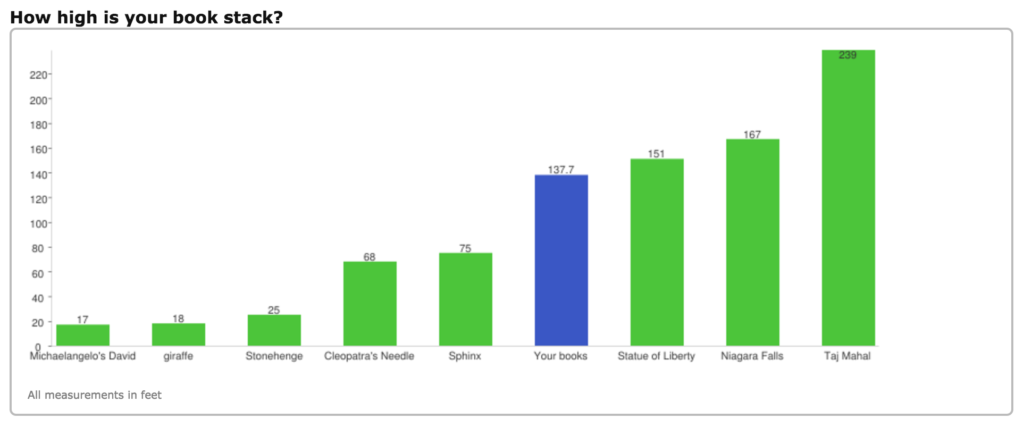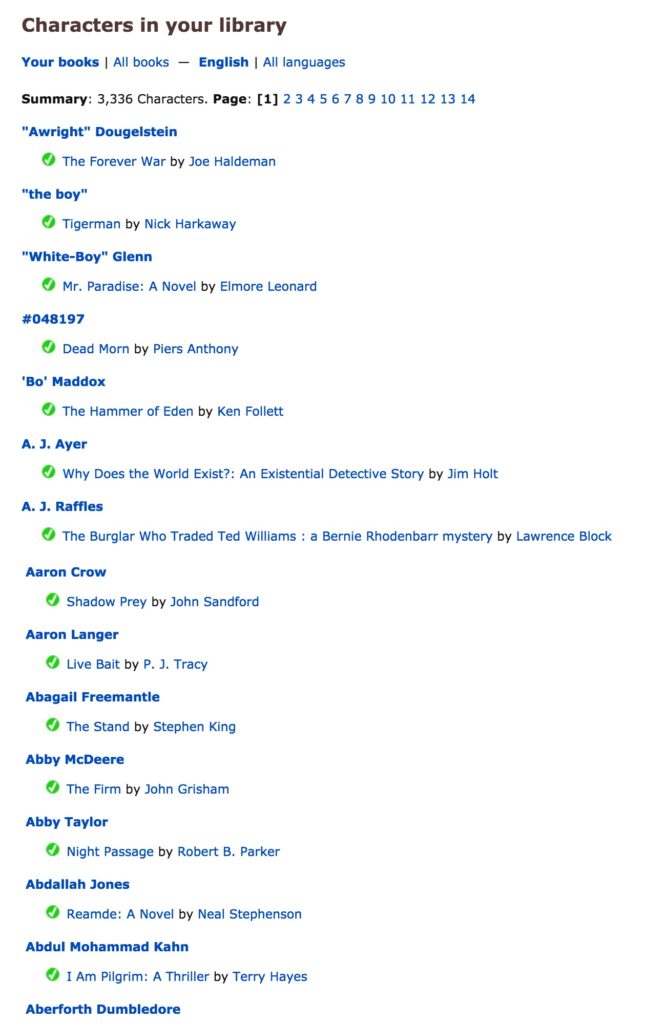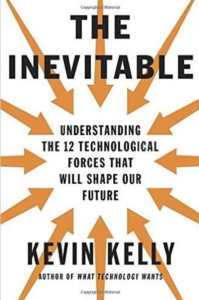I have a mental list of topics I try to avoid because — in my experience — they seem to make people a little (or a lot) crazy. Politics and Religion, of course. Apple products. And Marie Kondo, the best-selling author of The Life-Changing Magic of Tidying Up. I read her little book and did exactly what it said I should do to “change my life.” But I try to keep what I learned to myself (like religion and politics and Steve Jobs). But this New York Times piece is too good not to share. A few excerpts:
“By the time her book arrived, America had entered a time of peak stuff, when we had accumulated a mountain of disposable goods — from Costco toilet paper to Isaac Mizrahi swimwear by Target — but hadn’t (and still haven’t) learned how to dispose of them. We were caught between an older generation that bought a princess phone in 1970 for $25 that was still working and a generation that bought $600 iPhones, knowing they would have to replace them within two years. We had the princess phone and the iPhone, and we couldn’t dispose of either. We were burdened by our stuff; we were drowning in it.”
The success of Ms. Kondo’s book (and system) gets a big dollop of derision and smirking: “A parody book called “The Life-Changing Magic of Not Giving a [expletive],” and another one called “The Joy of Leaving Your [expletive] All Over the Place.”
But the lady seems to walk the walk: “The only visible possessions in her hotel room for a two-week trip from Tokyo were her husband’s laptop and a small silver suitcase the size of a typical man’s briefcase.”
The “organizing industry” is big in the U.S. and some of the old hands are quick to dismiss Kondo’s approach. Okay, a little more than just “dismiss”:
“Somehow the extra step of thanking the object or folding it a little differently enrages them. This rage hides behind the notion that things are different here in America, that our lives are more complicated and our stuff is more burdensome and our decisions are harder to make.”
A well-written article, whatever your thoughts on, or approach to, tidying up.

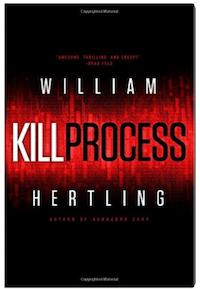 “By day, Angie, a twenty-year veteran of the tech industry, is a data analyst at Tomo (think Facebook), the world’s largest social networking company; by night, she exploits her database access to profile domestic abusers and kill the worst of them. […] When Tomo introduces a deceptive new product that preys on users’ fears to drive up its own revenue, Angie sees Tomo for what it really is–another evil abuser. Using her coding and hacking expertise, she decides to destroy Tomo by building a new social network that is completely distributed, compartmentalized, and unstoppable. If she succeeds, it will be the end of all centralized power in the Internet.”
“By day, Angie, a twenty-year veteran of the tech industry, is a data analyst at Tomo (think Facebook), the world’s largest social networking company; by night, she exploits her database access to profile domestic abusers and kill the worst of them. […] When Tomo introduces a deceptive new product that preys on users’ fears to drive up its own revenue, Angie sees Tomo for what it really is–another evil abuser. Using her coding and hacking expertise, she decides to destroy Tomo by building a new social network that is completely distributed, compartmentalized, and unstoppable. If she succeeds, it will be the end of all centralized power in the Internet.” Life is a process, not a substance, and it is necessarily temporary.
Life is a process, not a substance, and it is necessarily temporary.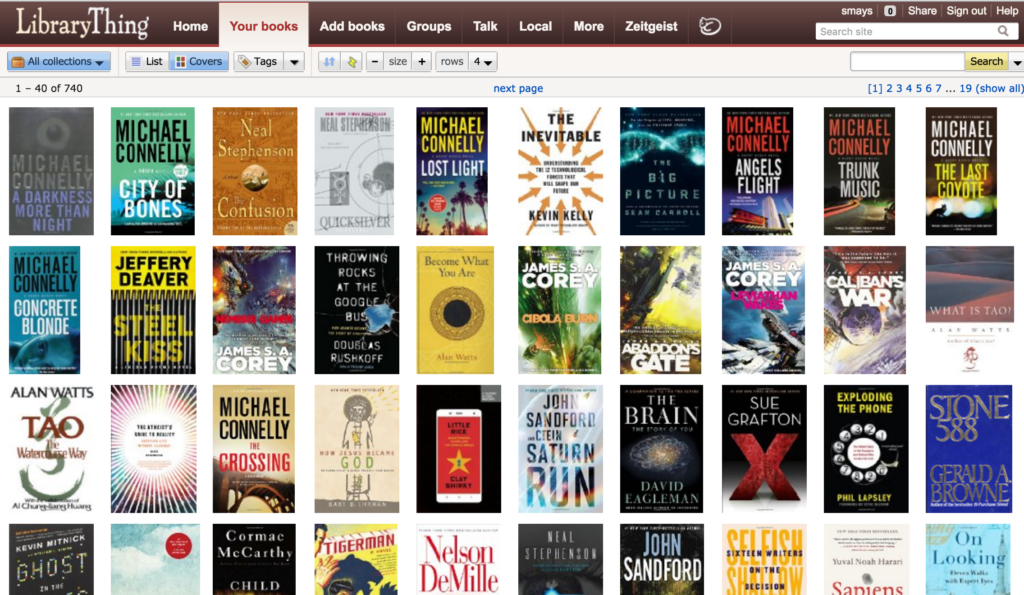 I started using LibraryThing to manage my library in 2005, about a month after the service launched. I was using a spreadsheet for this task but quickly fell in love with the tools and features LibraryThing provided. I find their smartphone app very handy.
I started using LibraryThing to manage my library in 2005, about a month after the service launched. I was using a spreadsheet for this task but quickly fell in love with the tools and features LibraryThing provided. I find their smartphone app very handy.